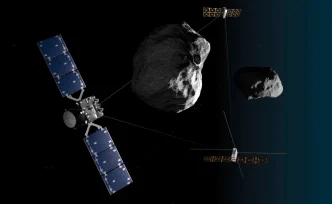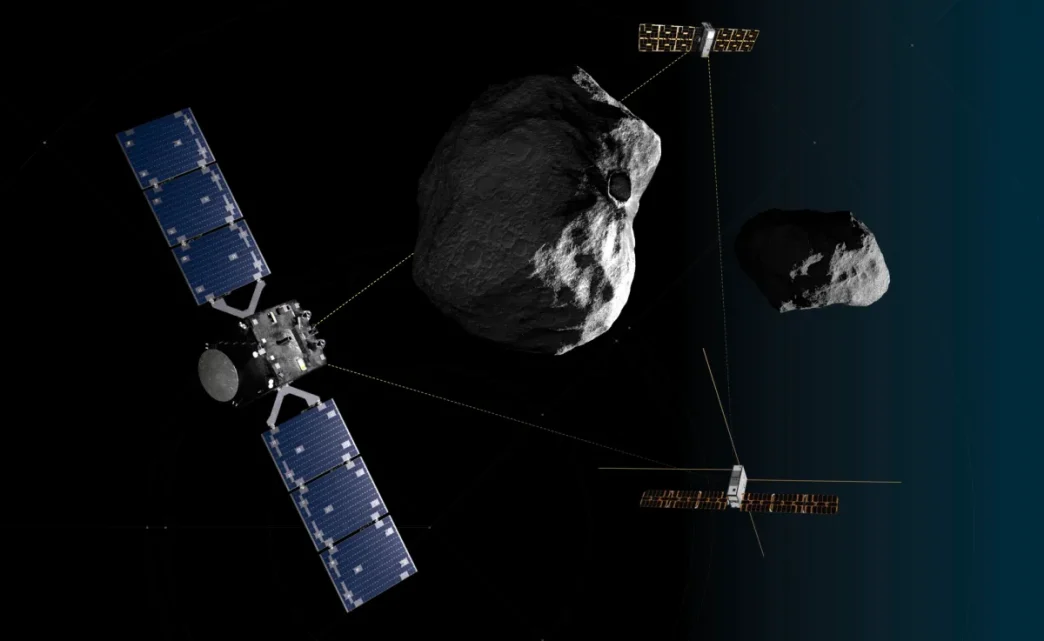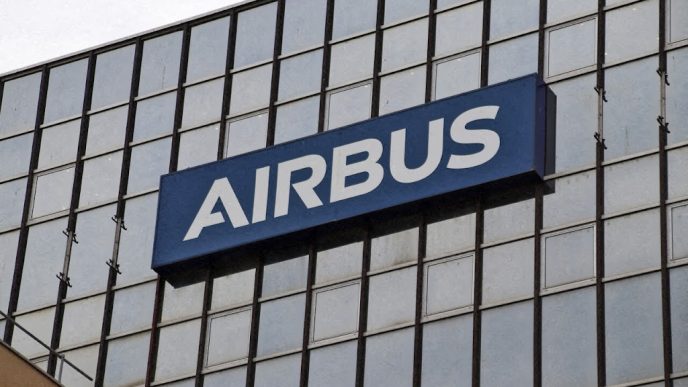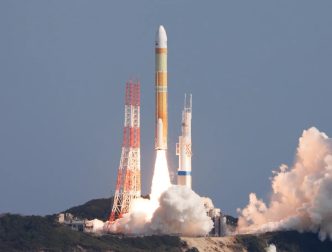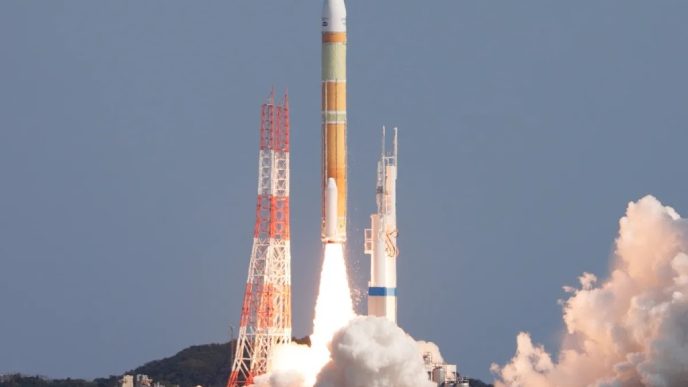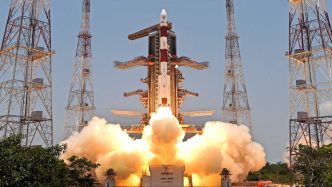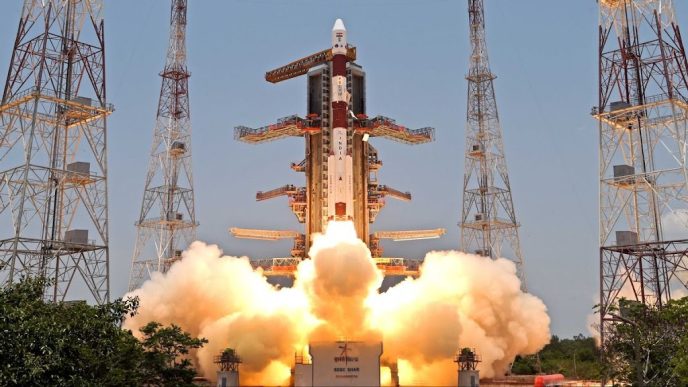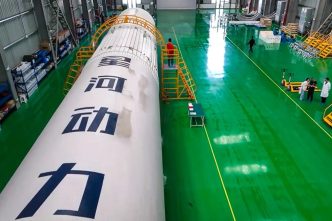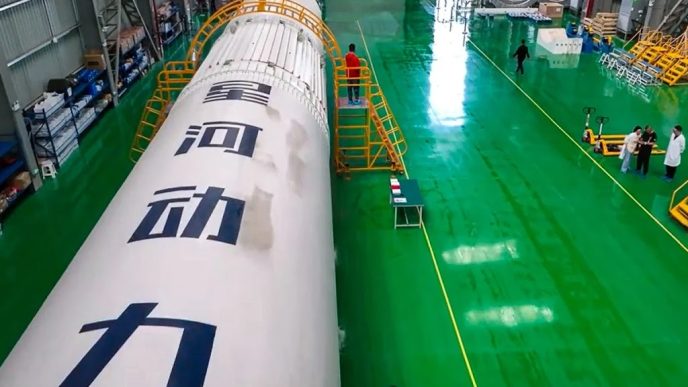The European Space Agency (ESA) is pressing forward with preparations for the launch of its Hera asteroid mission on a SpaceX Falcon 9 rocket, even as the rocket remains grounded following an upper-stage anomaly on its last flight.
Scheduled for October 7, the mission is set to launch from Cape Canaveral, with the spacecraft being encapsulated into the rocket's payload fairing on October 3.
The grounding of Falcon 9 was caused by an “off-nominal deorbit burn” during a September 28 launch, leading to an improper re-entry of the upper stage. SpaceX has yet to provide further details on the issue, but the Federal Aviation Administration (FAA) is overseeing an investigation, which could allow launches to resume if public safety is not at risk. Despite this, ESA remains confident in SpaceX's ability to launch the Hera mission on time.
Hera's mission is to study the Didymos asteroid system and its moon, Dimorphos, which was impacted by NASA's Double Asteroid Redirection Test (DART) spacecraft in 2022.
The ESA mission aims to analyze the impact's efficiency, observe surface changes, and gather valuable data for future planetary defense efforts. The mission, with a budget of €363 million, is expected to arrive at the asteroid system by late 2026.

